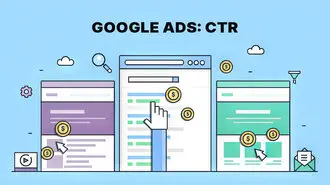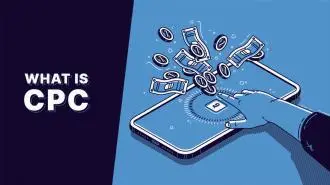Summary / TL;DR
Google Ads campaigns can lower Cost-Per-Acquisition (CPA) and improve ROI by optimising ad targeting, bidding, and landing pages. The article explains that CPA is calculated by dividing total ad spend by the number of conversions, and a successful strategy involves identifying an appropriate CPA benchmark based on industry and customer value. Key tactics include refining audience targeting with demographic and location data, pausing underperforming keywords, using negative keywords, and improving quality scores through ad relevance and better landing pages. Scheduling ads at peak times and enhancing the user journey with remarketing also contribute to lowering CPA. Effective data use is essential for all strategies.
As a digital marketer, data is an essential tool if you are working to lower CPA.
Data is incredibly valuable in our modern world, offering businesses the potential for significant profit. But simply having access to data isn’t enough. To truly succeed, you need to know how to use it effectively.
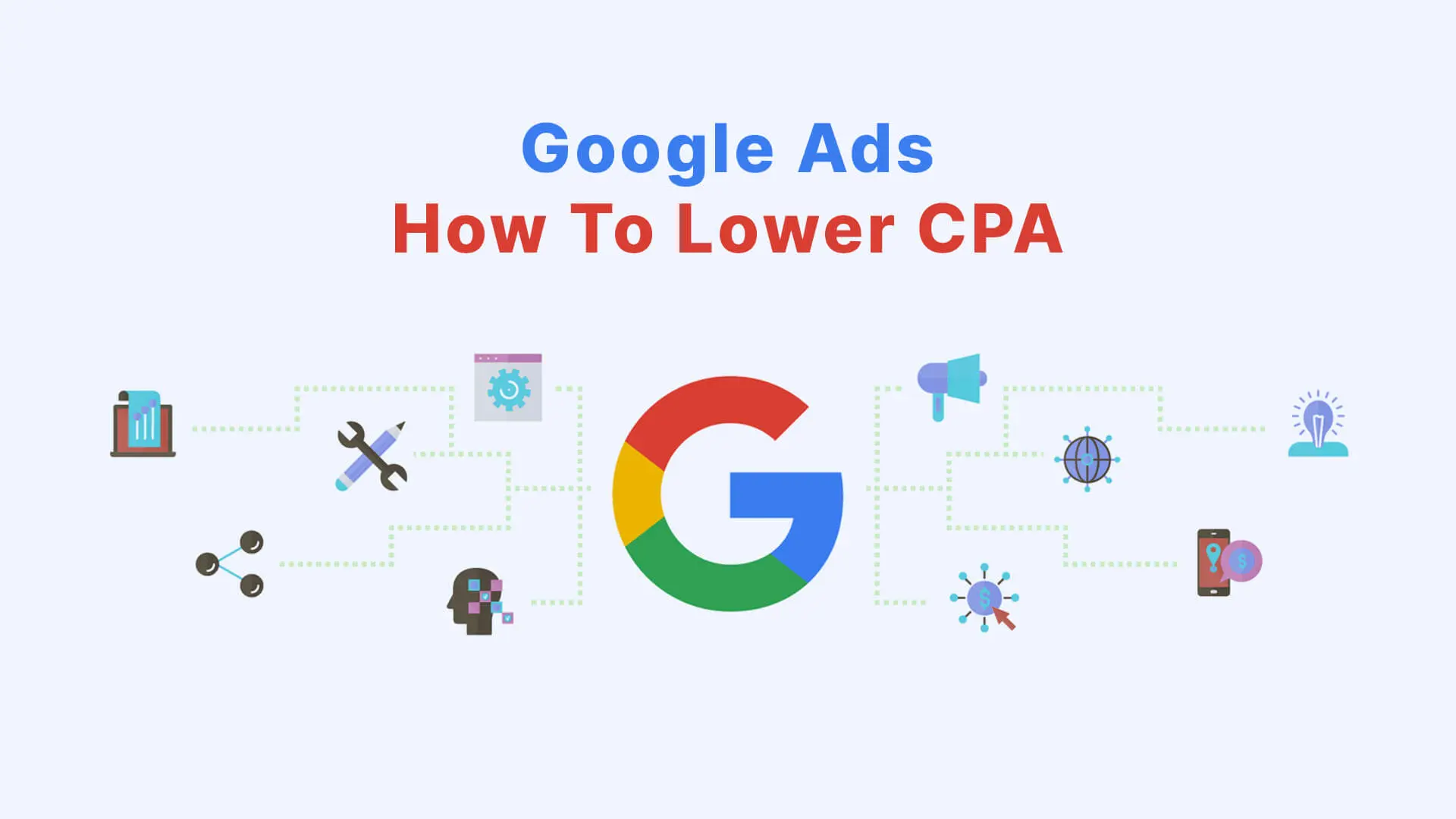
With Google Analytics at your fingertips, it’s vital to apply the best strategies to maximise your Google Ads and attract more customers. Reports suggest that for every dollar spent on Google advertising, you could see an $8 return. If your results aren’t matching this, don’t worry; there are effective ways to lower your CPA using the available tools.
And that is where we come into the picture. We will take you through some of the best strategies to lower CPA and optimise Google Ads to improve your Return On Investment (ROI). With our guide, you can design successful and profitable marketing campaigns.
Want to receive updates? Sign up to our newsletter
Each time a new blog is posted, you’ll receive a notification, it’s really that simple.
What Is Cost Per Acquisition (CPA)?
To understand how to lower CPA, it is essential to grasp what it is to make your paid marketing campaigns successful. Put, CPA or Cost-Per-Acquisition is basically the cost per action, or basically what every conversion costs you, and as a marketer, reducing acquisition costs should be your aim.
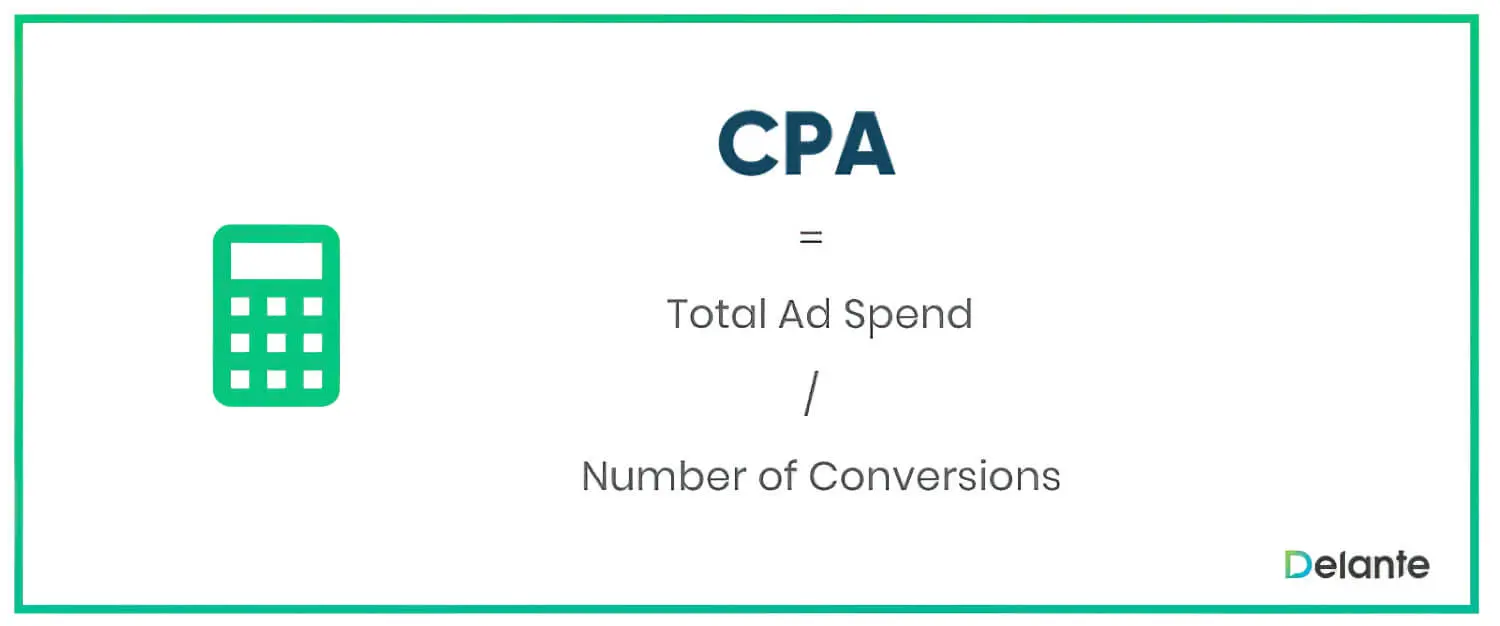
Your average CPA is worked out by dividing your total advertising spend by the number of conversions, resulting in the cost per conversion. Through conversion tracking, you’ll see that CPA is a critical performance indicator in Google Ads, marking what you spend to gain new customers. But how do you figure out the appropriate CPA benchmark for your marketing budget?
To pinpoint the right CPA, consider your industry’s average cost per acquisition alongside what customers typically spend on a product. For instance, if your CPA is $500 but customers only spend about $100, you might end up in the red.
On the other hand, if CPA is set at $500 and your customers spend around $1,000 on average, you are doing a great job.
CPA Bidding
Mostly, people are more familiar with Cost-Per-Click (CPC). When you’re working with a ‘per click’ approach in CPC bidding, you pay every time a customer clicks on your ads that appear on Google Search results.
CPA bidding, on the other hand, functions a bit differently. Your target CPA bidding defines how much you are willing to pay for a conversion, so it’s important to know the average CPA. Your target CPA bids should always be higher than your average CPA to get the best results.
The success of advertising and CPA bidding are all linked to quality scores. Are you wondering what that is? Along with Ad rank, the Quality score is a significant Google metric that helps determine the quality of ads, keywords and, most importantly, landing pages.
It would be best if you always tried to keep the quality score high to ensure minimal ad spending. This is the key to ensuring that you can enjoy cheaper conversions!
How To Lower CPA Google Ads
Lowering CPA is no easy task and requires proper strategies, but you must use deep data analysis for the right strategic approach.
Does that sound too confusing? Worry not; we will take you through some of the best strategies that can be employed to lower CPA and simultaneously ensure that your return goes up.
Now, let’s dive into some of the most effective strategies.
1. Improve Targeting
If you spend money and see no conversion happening, it simply means that you have a high CPA. Unless your ads appeal to the target audience, the conversion rate will not be high.
But how do you understand whether the right people get to see your ads? The answer is simple — to target the right audience, there is nothing better than data to help you. Remember that data gives you valuable insights; you must learn how to use it best.
Once you have understood the target audience, you need to determine their demographics and discover their location. Another essential thing to know is your audience’s devices when viewing the ads.
For the best results, you must consider both clicks and conversions. You can divide your audience into individual demographics regarding where they are based, the devices they view your product from, and so on. Then, look into how certain groups have lower CPAs than others.
From the surveys, you might find out that most of the traffic is getting generated from mobile devices. Once you have all the necessary data at your disposal, two main adjustments need to be made:
A. Cut-Off Advertising
It is most likely that your product or service is not available across the globe. In that case, it would be smart to turn off advertising for audiences who are not serviceable because of geographic restrictions.
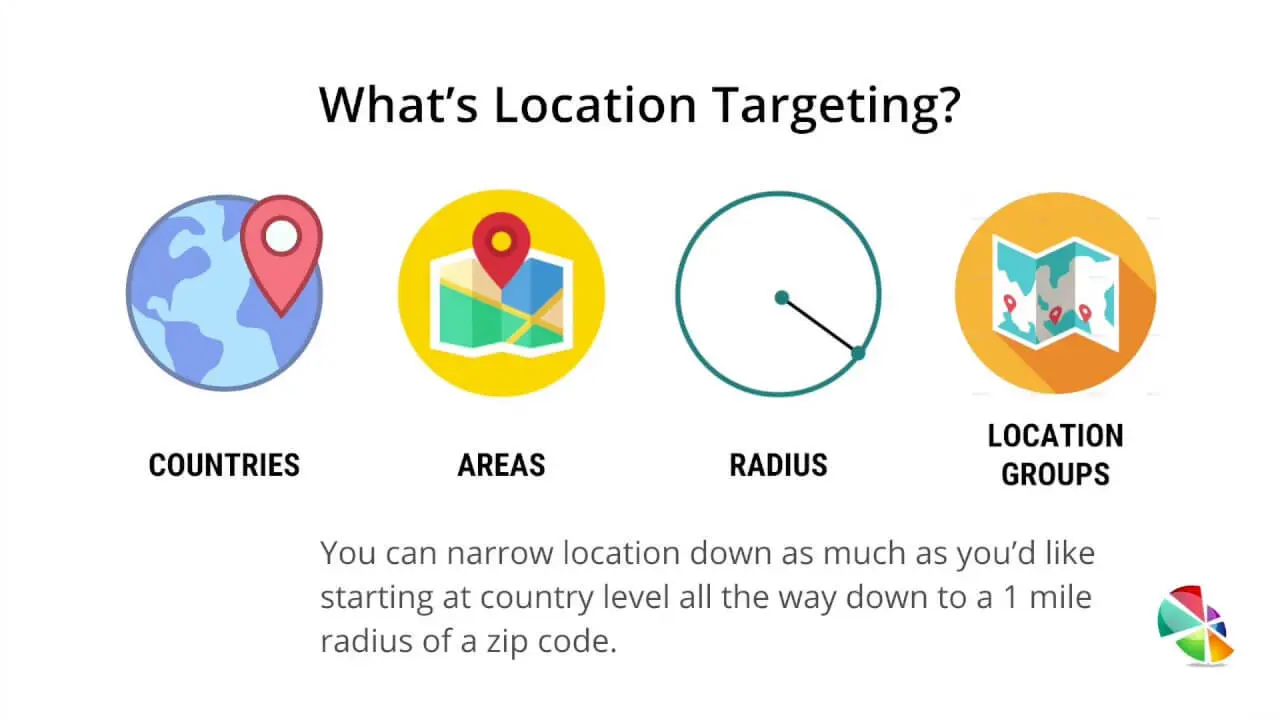
B. Adjusting CPA Bid
For each marketing campaign, change the bid strategy and make some bid adjustments to show the relevance of the business to your audience.
There is no point in spending all your marketing efforts and campaign budget if the audience fails to convert. The conversion rate will likely increase when you can narrow your audience successfully.
2. Working On Keywords
Ad groups keywords are central to paid search campaigns, and you might have to play around with them a bit to ensure that your CPA is as low as possible. After seeing that a particular keyword is not fetching optimum results, you can consider pressing the pause button.
If the CPA of specific keywords is higher than the average, it is best to use other relevant keywords. When a relevant keyword groups have been underperforming for a long time, some people consider removing it altogether. However, we suggest you put it on hold instead and retain the data to reuse it if needed.
A. Negative Keywords
Sometimes, random words get triggered and consume a good portion of your budget. The way to tackle this issue is by marking these down in your negative keyword lists. You can also replace broad-match keywords in your campaigns to ensure the ads do not reach the wrong audience.
When beginning a campaign, it is easy to find negative keywords in Google Planner. But as you collect more data over the weeks, you can use other tools to see how the keyword match types trigger specific searches. You can use the Google Search Terms Report to see which searches are getting triggered by the keyword match types.
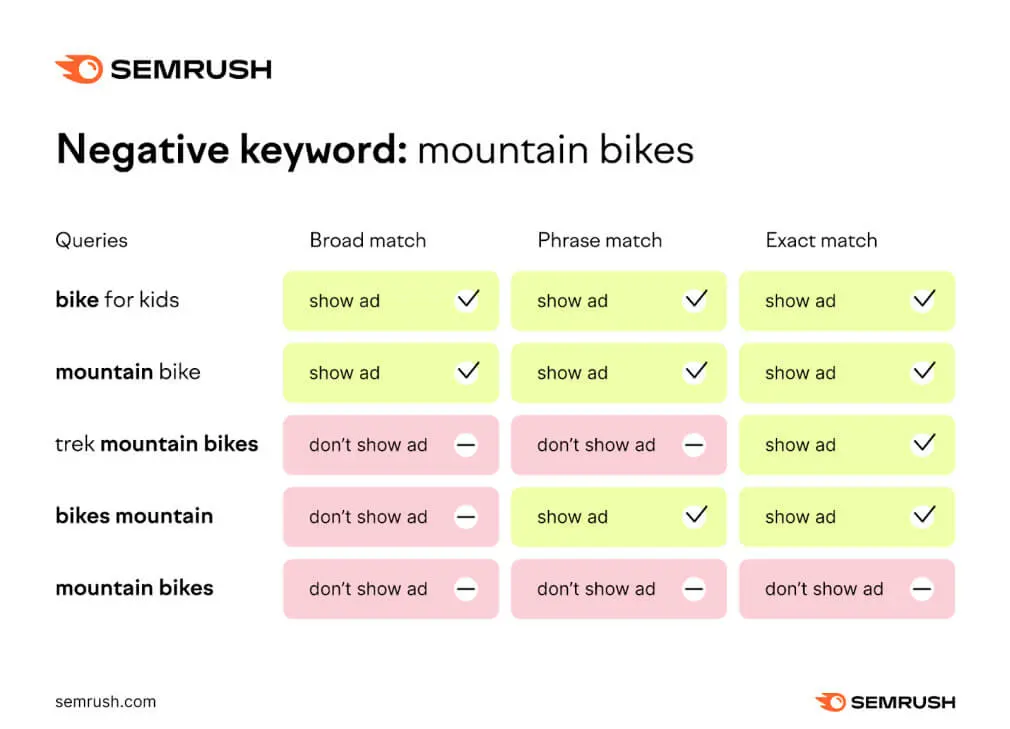
The other thing to do is to bring down keyword bids on campaigns that are non-automated. There is no correct answer about how much you should reduce your keyword bids. But from the research that we have conducted, these are the main factors that you should keep in mind while deciding how much to reduce:
- Target ad spend
- Budget for the campaign
- Current average ads position
3. Reviewing Quality Scores
Your CPA can be reduced significantly if you have a good quality score. In PPC campaigns (Price-Per-Click campaigns), if you have a good quality score, there’s a high chance that your CPA will go down and your conversions will climb high.
How do you review your quality score to ensure your CPA is lowered?
The first thing to do is to check ad relevance. Ad copy relevance extends not just to the targeted customers but also to whether the keywords used are equally relevant.
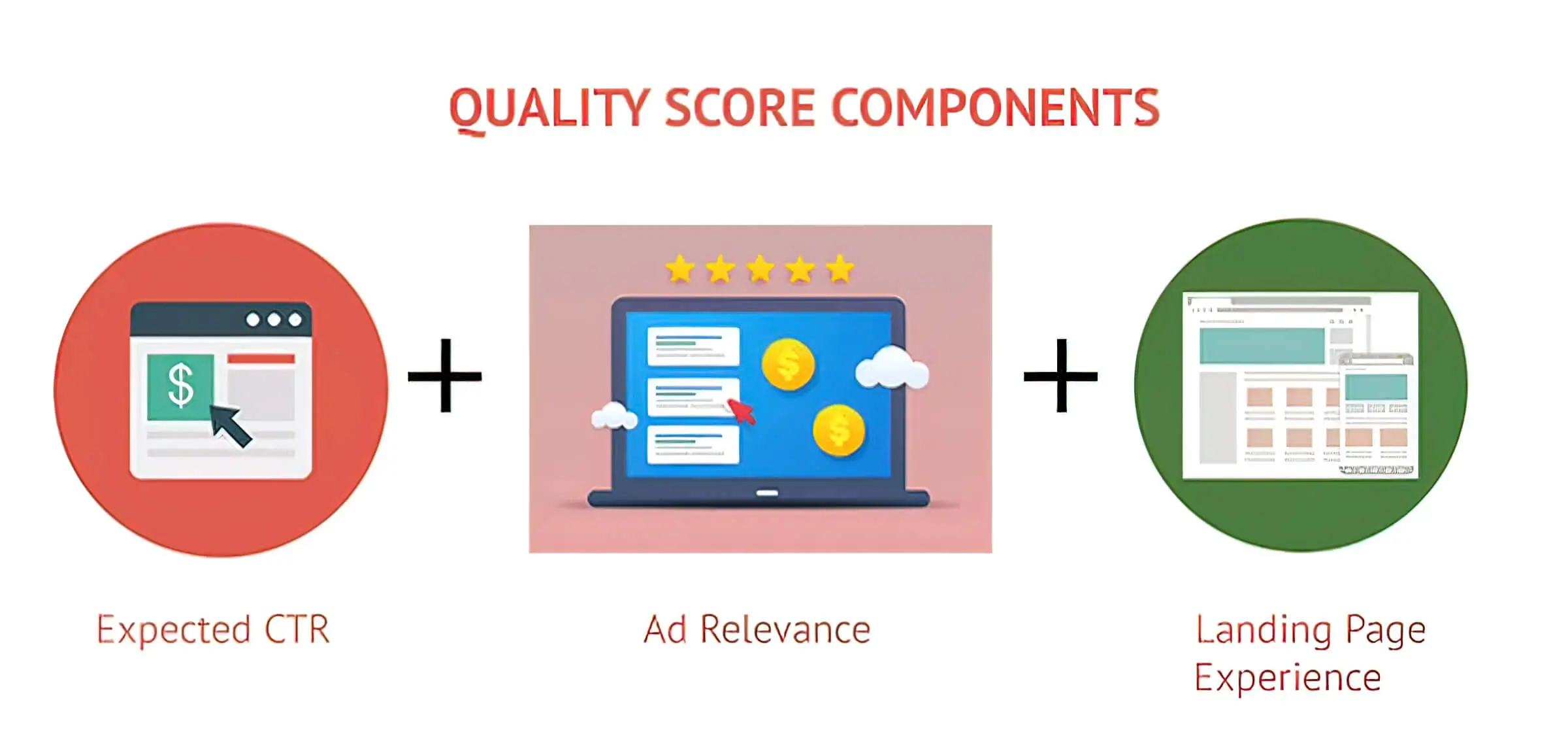
If you can make relevant ads, there is a good chance that you will see higher click-throughs and impressive conversion rates. One good way to do this is by adding new keywords from the Search Terms Report.
Other than that, you need to pay special attention to the actual quality of the ad. To improve conversions, digital marketing efforts should be spent to ensure that every web page and landing page is impeccable. This ensures that audiences see nothing but the best when they reach them through your ad campaigns.
Check if your ad creatives and copy are on point. You can also consider using a Single Keyword Ad Group, a great strategy to improve keywords. But remember that you should reserve it and only use it on those keywords that perform the best.
4. Scheduling Ads At The Right Time
Unless ads reach your potential customers at the right time, you might be unable to make the most of the target cost. Visualise the ads exhausting your target cost per marketing budget but showing during the early hours of the day when you are not open.
In that case, the cost optimisation is at its lowest as the ads will either fail to reach the desired customers or convert.
We suggest that you schedule ad groups in a manner so they appear at the most opportune moment and the chances of conversions are highest. It is wise to completely switch off all advertising channels when your audience is offline. For example, if you are targeting B2B customers, it is best to turn off search ads on weekends.
Over time, you will have more rich data, guiding you about the best time to schedule the ads. After making adjustments to the ad scheduling, make sure that you monitor the clicks and impressions properly.
If you notice they are going down, you might lose conversions, and CPA might rise. In that case, you must rethink how to schedule your ads better.
5. Make Better Website And Landing Pages
To optimise your CPA, it is essential to focus on all aspects of the sales funnel, from the ads to the landing page and your website. For the best conversions at the lowest CPA, it is crucial to utilise conversion optimisation on every component of your campaign.
While optimising landing pages and websites, these are the few things you need to do to improve your quality score and bring down your CPA. This is to ensure that the Return On Investment is maximum.
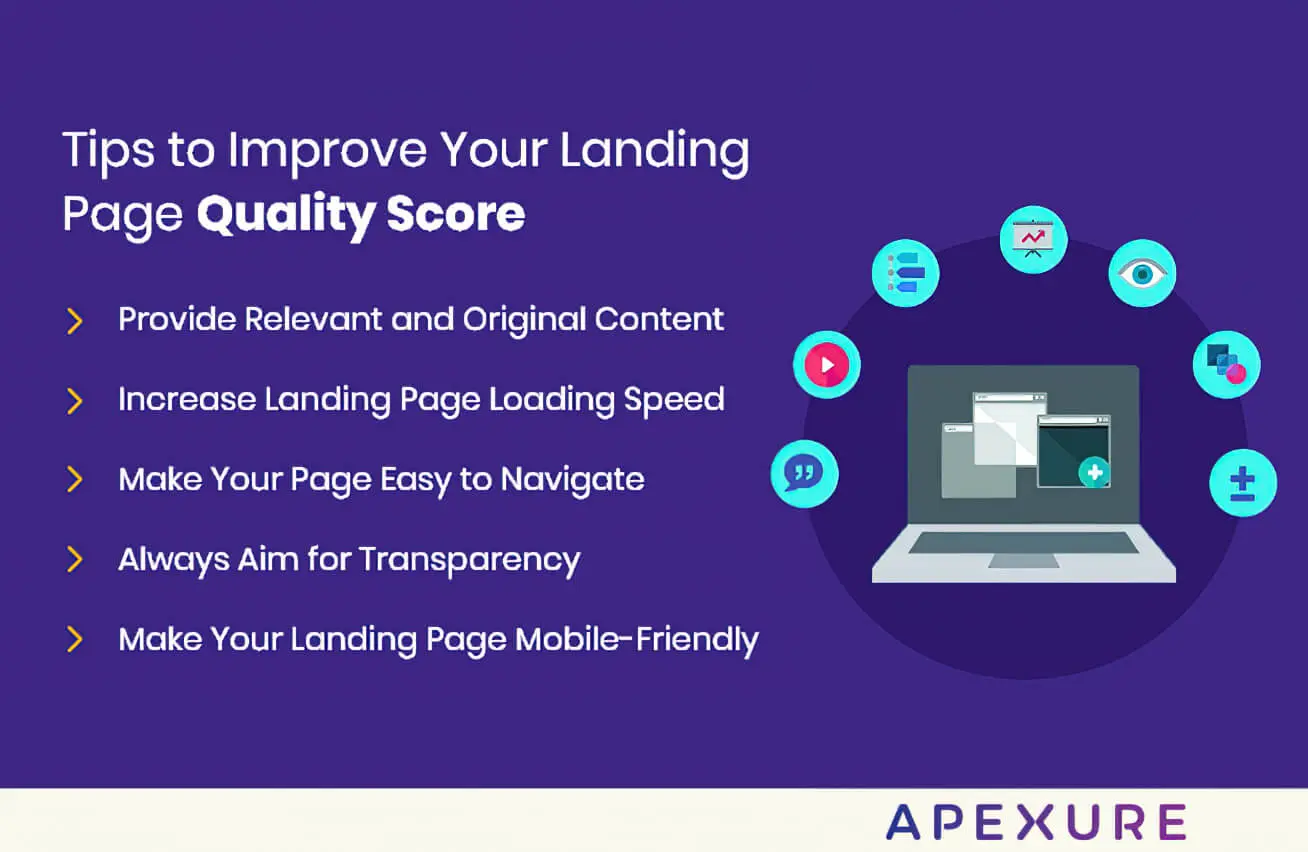
The foremost priority from the user experience perspective while visiting a website is that it is smooth and does not take up much time. So, you should do your best to improve how fast the page loads. And make sure that navigation is easy and users do not have to go through complicated processes to find things they are looking for.
For the best Return On Investment, always ensure the call to action is properly displayed on the page. To enhance user experience, it’s crucial to invest in efforts that make your site mobile-friendly.
You must send customers to the right landing pages to flourish your online business. You should wisely spend your advertising money on creating several landing pages, some of which will be general and some more specific. When you do that, your ROI will increase, and your CPA will drop.
6. Improving User Journey
Most people will lack understanding and awareness of your brand before they make a purchase. A potential customer would require quite a few touch points before you can make them feel more comfortable purchasing from your brand.
Personalised touchpoints that focus on a user’s pain points help to differentiate your brand from the competitors. For the best conversions, you might have to deploy remarketing campaigns and other personalised marketing tactics to help users engage better with your website. When that happens, CPA will automatically go down.
7. Improving ROI
Low hanging fruit low-hanging fruit is abundant in Google Ads campaigns, which can help you quickly bring down your CPA. However, it would be best if you implemented proper strategies for a higher ROI and steady results.
Achieving better leads and sales from Google Ads is possible, but a high CPA is not necessary for this to happen. To make this possible while keeping the CPA low, you need to leverage your data, understand the user correctly and determine a user’s search intent.
Making The Most Of Your Google Ads Campaign
With that, it’s a wrap for today!
After reading this guide, we hope you better understand how to give your business the ad boost it needs. Mentioned above are some of the tried and tested strategies that have helped businesses get the best Return On Investment while the acquisition cost has been kept to a minimum.
Leverage Google Analytics and ad extensions along with ad extensions to make informed decisions and lower your CPA. For the best results, do not implement all the tactics at once; use them individually to see what works and what doesn’t.
If you need our assistance, please do not hesitate to share your email address, and we will get back to you with the required help contact us. In addition to our extensive experience, our sitecentre® team has a proven track record of achieving unmatched results in Google Ads and SEO. Let us know how we can help!
Achieving fantastic results with Google Ads is well within reach now. If you found this guide valuable, be sure to explore our related articles filled with exciting and useful insights.
Until next time, bye!



